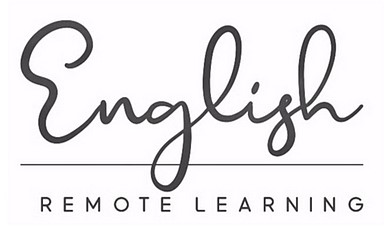Very Young Learners
Very Young learners (4-6 years)
By the end of an agreed number of classes, your child will be able to:
-
Learn to read and write through phonics (letter-sound relationship)
-
Learn the correct pronunciation and stress of words
-
Understand simple texts and story books
-
Sing and learn the lyrics to English children’s songs – nursery rhymes/tongue twisters
-
Ask simple questions and respond appropriately
-
Learn everyday vocabulary based on topic work
-
Learn basic grammar – present simple and present continuous tenses, ‘this’ / ‘that’ etc
Sample lesson topics:
- Introductions & greetings
- Likes/dislikes
- Hobbies
- Family
- Numbers
- The alphabet
- The body
- At the zoo
My method of teaching
Visual materials such as pictures, flashcards and videos to encourage your child to talk about and describe what they see.
Interactive games such as Pictionary and puzzles, matching memory games, heads shoulders, knees and toes (to teach body parts)
Real-life objects to teach vocabulary, for example, fruit and vegetables, a clock, clothes
You are welcome to join your child during the first few lessons until they feel confident and comfortable being alone.
How do I assess your child’s English skills?
An oral test on basic knowledge of English to assess your child’s existing language skills. This gives a good indication of their strengths and weakness. For example:
-
Understand simple sentences
-
Ask and respond to questions
-
Respond to greetings
-
Understand and follow instructions
-
Understand very short conversations
Information about the first lesson
- We will review your child’s test results and together we will work in creating their learning goals.
- Your child’s learning goals will be reviewed frequently throughout the lessons to ensure they have achieved their targets. New goals can also be set if you want them to develop their English language skills further
- For the remaining part of the lesson, your child will engage in a speaking activity in the form of a game


